The Salt Lake City School District in Utah recently announced that it has adopted a training management system from Vector Solutions. Vector Training, formerly known as SafeSchools, provides online video training courses for K–12 schools and will help the district maintain federal, state and local staff training and compliance among its 4,000 employees.
With 50 million Chromebooks now in use in schools around the U.S., Google recently introduced a new repair program for U.S. education users of its Acer- and Lenovo-made models, with a new website providing self-service repair guides for each model.
College of the Redwoods, a community college in Eureka, Calif., recently broke ground on a new creative arts building. The new facility will measure in at 29,888 square feet and will replace the former creative arts building, which was built in 1974.
The University of Arizona in Tucson, Ariz., recently completed an $81-million, seven-year construction project called the Student Success District. The project’s goal was to centralize and upgrade a variety of crucial student resources including library services, tutoring and advising, mentoring and career services, and health programs within a single area of campus.
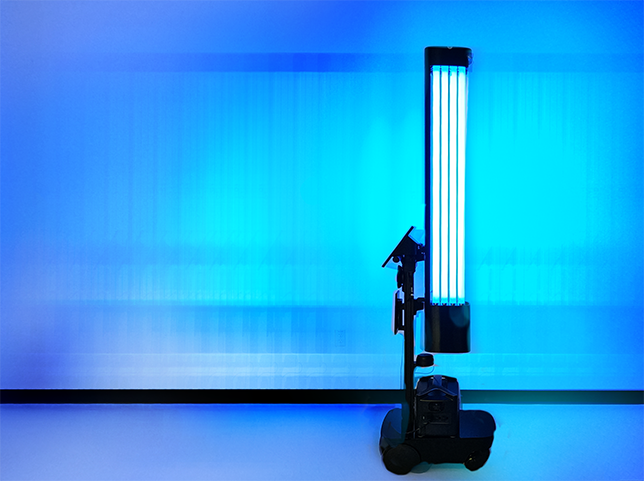
Robotics company OhmniLabs recently debuted an autonomous cleaning robot that uses UV-C light to disinfect spaces. OhmniClean is capable of disinfecting a 3,000-square-foot space in less than 15 minutes and was designed for use in schools, hospitals, hotels and other spaces that require deep cleaning of high-touch surfaces.
For the first time ever, the main gymnasium and cafeteria at Fort Dodge Senior High School in Fort Dodge, Iowa, will have air conditioning when the next school year begins this fall.
Braintree Public Schools in Braintree, Mass., recently announced that construction has begun on a new school facility for the district. The structure will serve as a new home for the existing South Middle School, and it will also be the town’s first new school construction in more than 50 years.
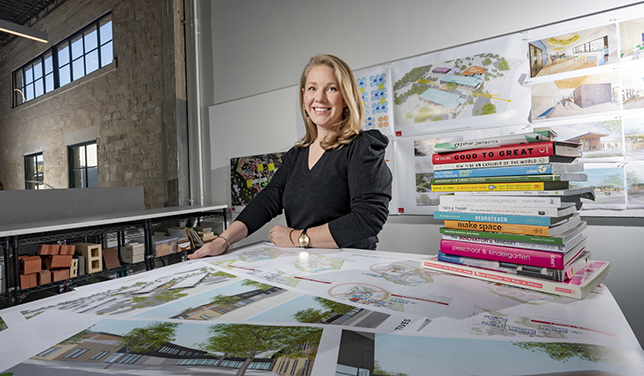
Design firm LPA Design Studios recently announced that it has promoted Kate Mraw to the position of Director of K–12. In this new role, Mraw will spearhead the development of the firm’s national education design practice, according to a press release.
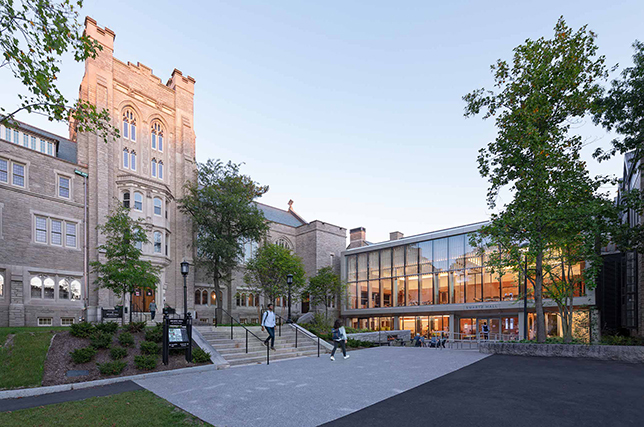
Harvard Divinity School in Cambridge, Mass., recently announced that the renovation and expansion project for Swartz Hall has been completed. According to a news release, the 60,000-square-foot renovation and 13,000-square-foot expansion began in May 2019.
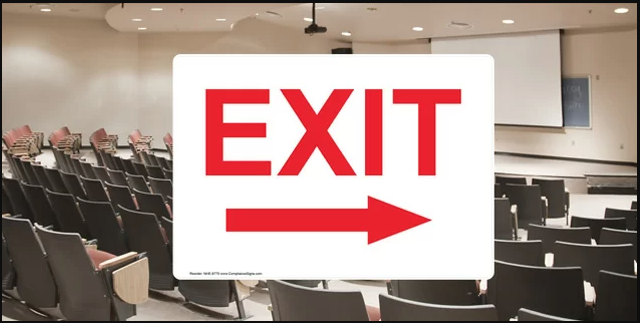
From students to faculty, any school’s first priority should be the safety of people on campus. By now, you’ve probably learned that safety signage plays a vital role in keeping people safe at your school. From the parking lot to the playground, having the proper school safety signs not only keeps your students and faculty safe but also helps you avoid costly lawsuits or OSHA fines.
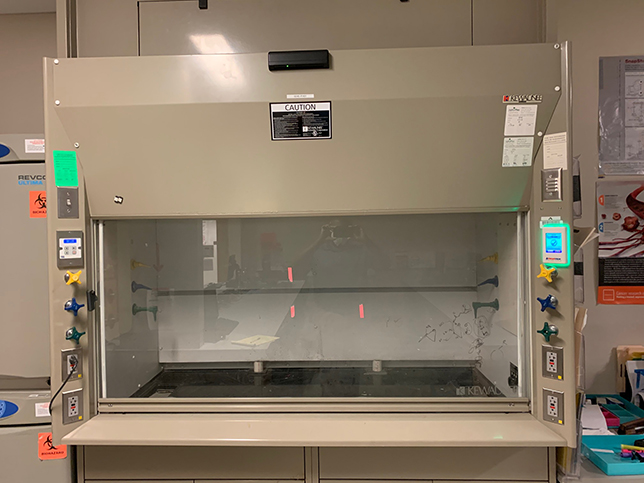
Georgia Institute of Technology in Atlanta, Ga., recently partnered with facility energy solutions provider ABM Industries to upgrade campus STEM labs—and save about $11.7 million across ten years in the process.
Officials from the Nye Country School District recently approved the construction of a new, $15.2-million elementary school in Tonopah, Nev.
The Advanced Math and Science Academy Charter School (AMSA) in Marlborough, Mass., recently selected Boston-based Finegold Alexander Architects to provide the design for an upcoming series of renovation and addition projects.
A 16-year-old student is facing charges after an active shooter incident put Seminole High School in Sanford, Fla., on lockdown for several hours on Wednesday, Jan. 19.
Liberty Defense Holdings Ltd. recently announced that it has signed an agreement with the University of Wisconsin Police Department (UWPD) to test a new security detection walkthrough portal on campus.
A Texas school district recently entered a partnership with cybersecurity solutions provider IronNet, Inc. to help combat an increasing number of cyber attacks against the district’s networks.
Several North Texas school districts cancelled school on both ends of the long Martin Luther King Jr. Day weekend, citing staff shortages and a surge in COVID-19 cases.
Construction on a new Campus Recreation and Wellness Center at the University of Pittsburgh is underway. The project is part of a wider Campus Master Plan that was finalized in 2019 and will provide amenities like a recreational pool, jogging track, basketball courts, weightlifting equipment and more.
Butler University in Indianapolis, Ind., has announced that it will soon be renovating its Residential College. The residence hall was built in 1988 and serves mainly first-year students. The project is slated to last about two years and cost more than $20 million.
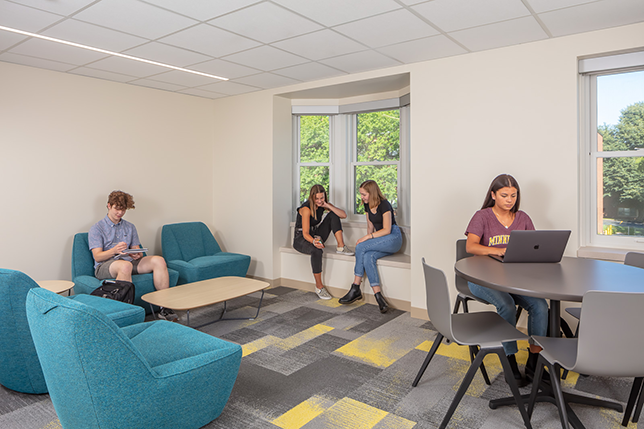
Those students born between 1997 and 2012, otherwise known as Generation Z or Gen Zers, are redefining expectations for college housing and services, according to an architectural firm that specializes in working with colleges and universities.
Plunkett Raysich Architects in Milwaukee, Wis., recently announced that it has named two new partners to join the firm’s ownership.